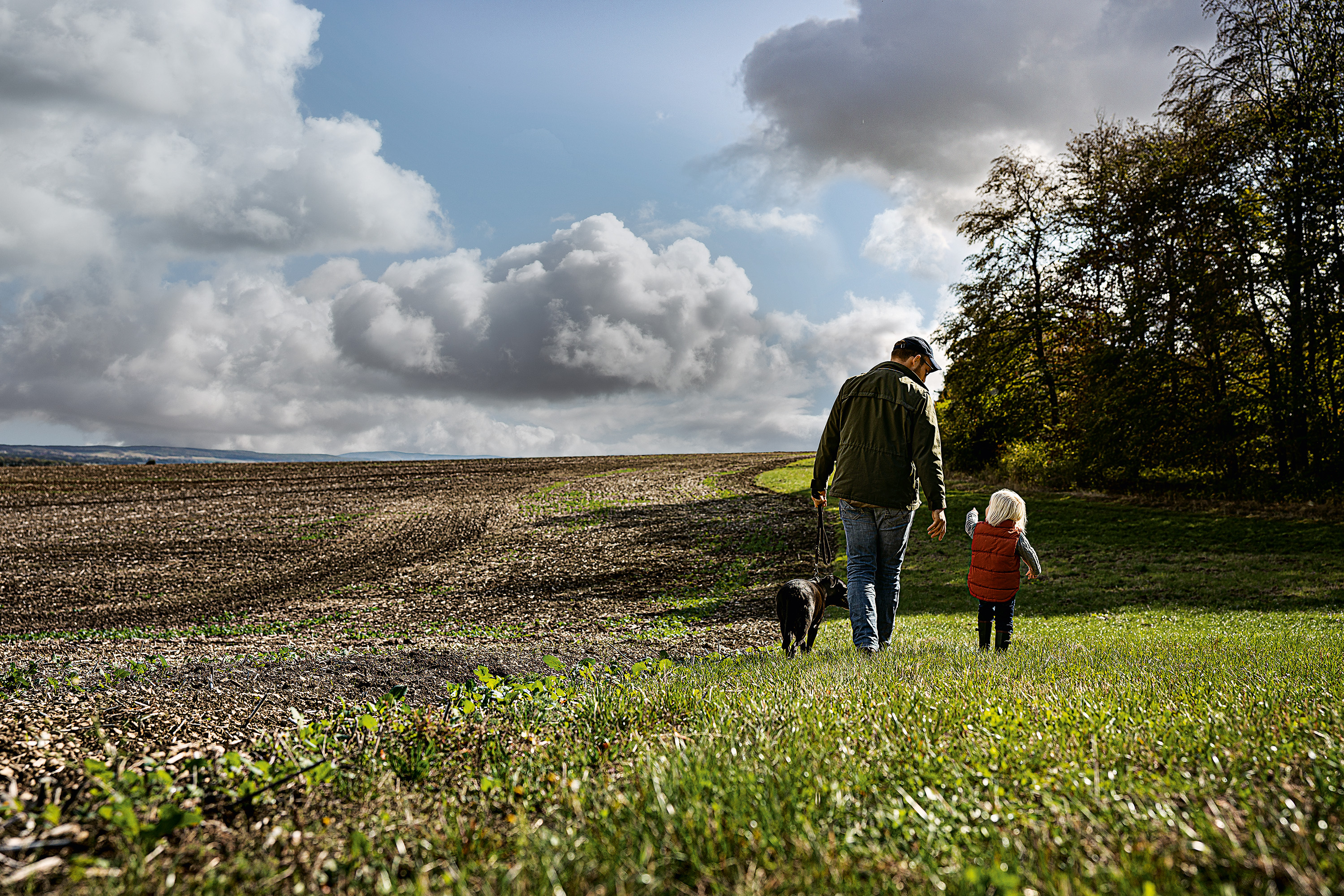School Gardens for Sustainable Nutrition and Education
Our current projects
„In São Paulo, school gardens provide access to important vitamins and nutrients, as the harvested vegetables are used in school canteens.“
Currently, the seedlings for the gardens are supplied by an external partner. In future, however, the seeds for the seedlings should mainly come from our vegetable business unit in Brazil, which could also lead to further diversification.
To achieve a long-term impact with the School Garden project in Brazil, we have established a five-year partnership with our partner "STÄDTE OHNE HUNGER". This mutual planning security allows for the sustainable establishment of structures with the aim of enabling teachers to take responsibility for the school gardens over time. In this way, we create a long-term foundation for the established school gardens to be continued independently, while we can also involve new schools to reach even more children.
About STÄDTE OHNE HUNGER e.V.
STÄDTE OHNE HUNGER e.V. is an association that provides financial and conceptual support to the Brazilian organisation CIDADES SEM FOME. The focus is on the sustainable promotion of vegetable gardening projects in urban areas. STÄDTE OHNE HUNGER supports people in difficult living situations in Brazil through community and school gardens as well as smallholder projects via CIDADES SEM FOME. The aim is to generate income and improve food security by promoting organic farming.
„Children become enthusiastic when they actively experience how healthy food is produced – that is precisely what makes this project so effective.“
About Acker e.V.
For a generation that knows what it's eating!
Acker e.V. is a non-profit organization dedicated to a sustainable society. Through programs like the GemüseAckerdemie, Acker e.V. raises awareness among children and adults about the value of nature and food. In schools and daycare centers, children grow their own vegetables and learn where their food comes from and how it grows.

Discover more
Your Contact














